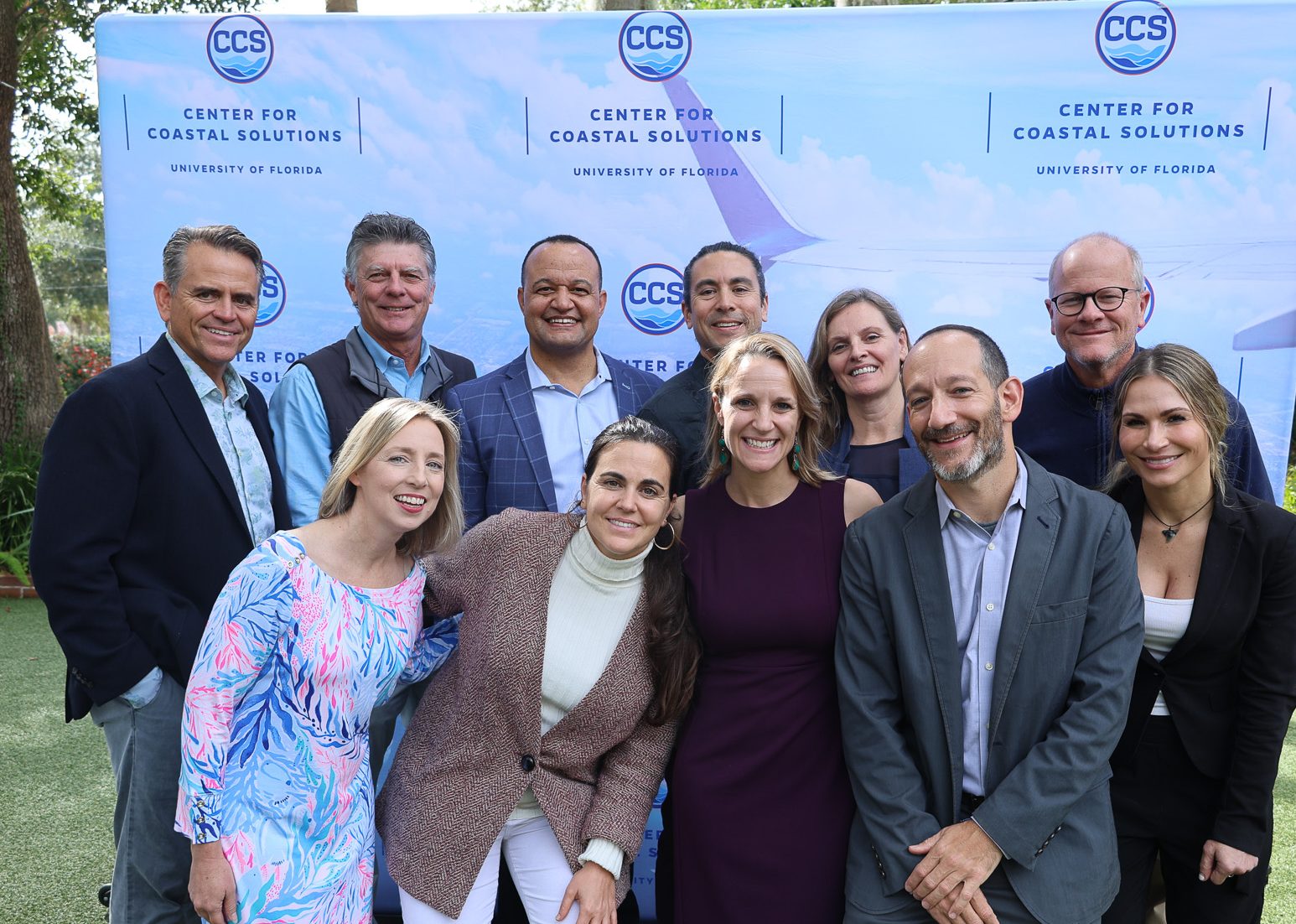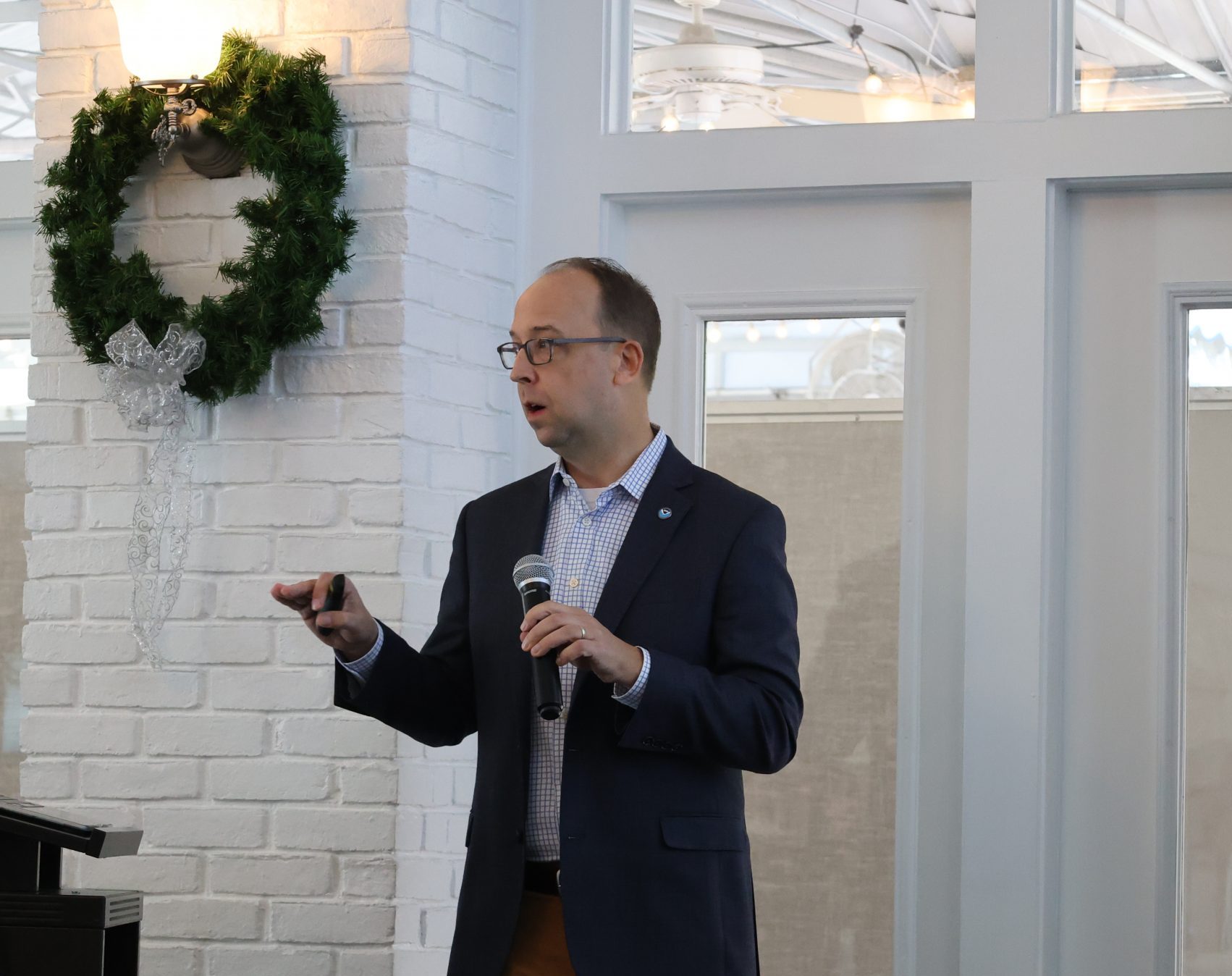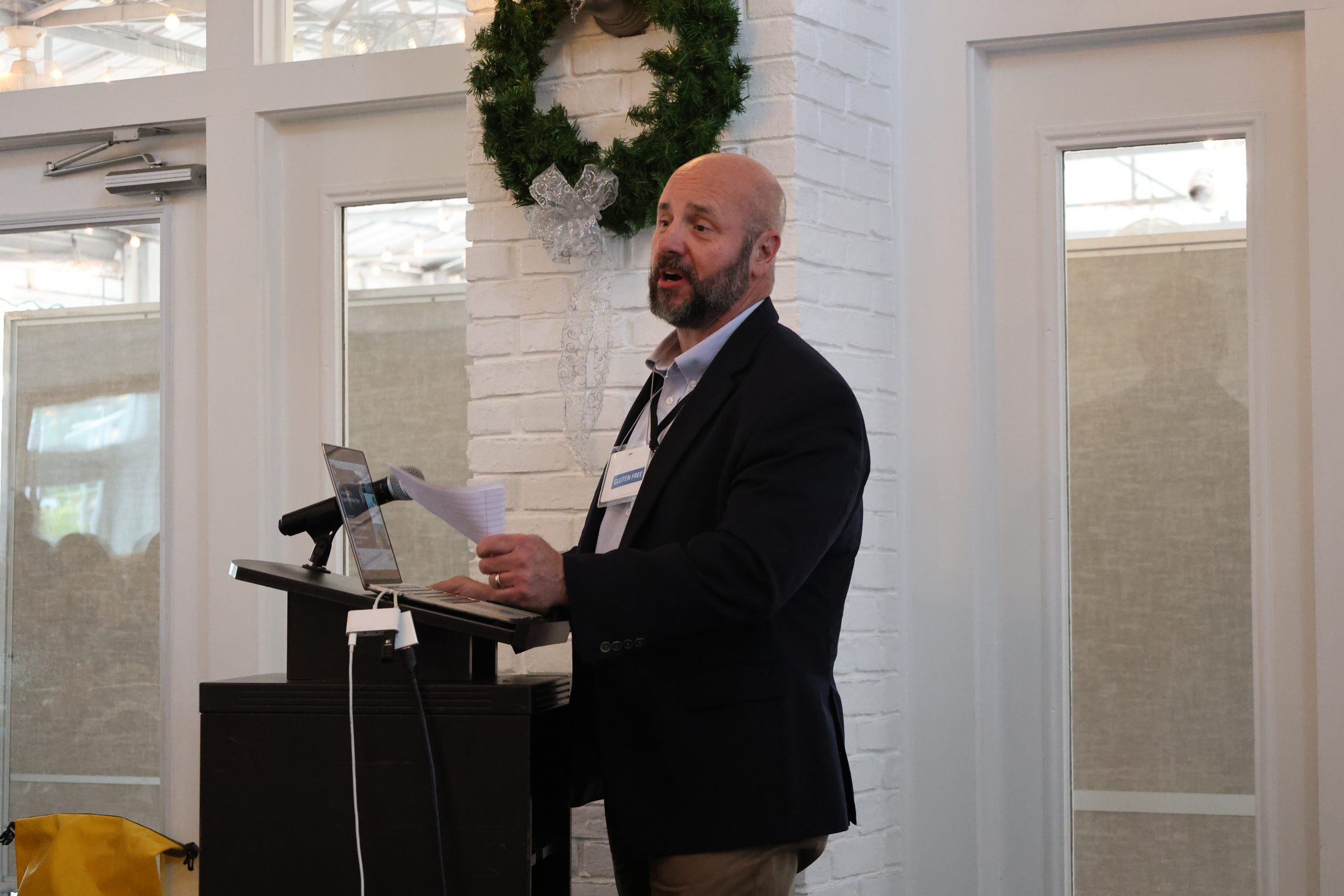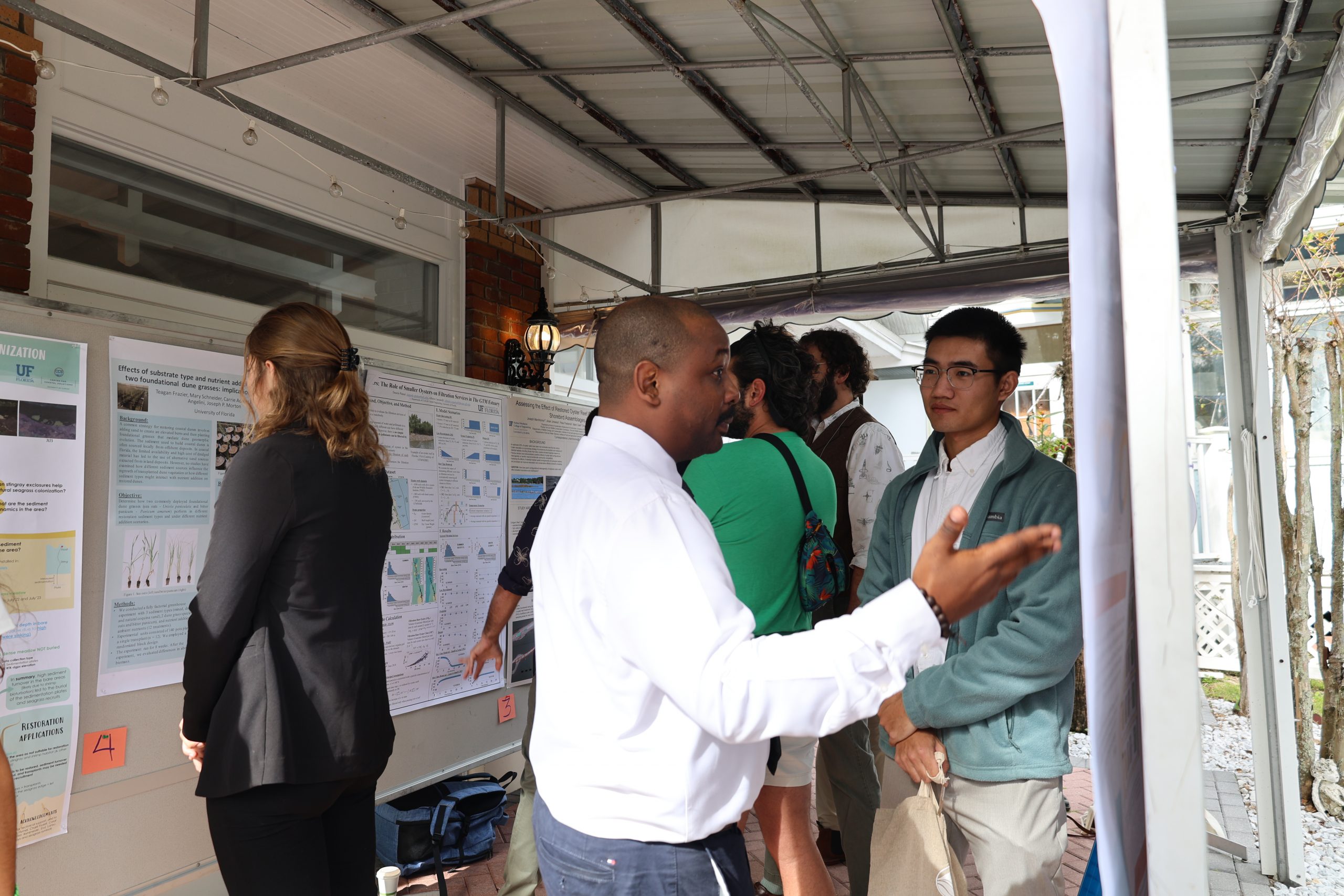In support of conditional optimism
The holidays are just around the corner, and most of us are busy with preparations for the festive season. It’s a time to gather with family and friends, a time to reflect on the ups and downs of the past year, and a time to look toward the new year with anticipation and new expectations.
At CCS, we celebrated the year end with colleagues and collaborators, old and new, at our annual summit on December 1, which brought together 130 thought leaders from academia, industry, nonprofit and government sectors to exchange ideas and share success stories around our collective goal of moving the needle to build coastal resilience, improve water quality, and restore ecosystems in Florida and across the country.

The theme of this year’s summit was optimizing actionable solutions for resilient coasts, in the context of the emerging risks facing our coastal communities, which call for strong leadership and ‘radical collaboration.’
Federal policy makers increasingly understand this urgency and are providing support to improve resilience to severe weather and advancing climate adaptation, with a focus on our nation’s coasts. At the summit, Mark S. Osler, senior advisor for coastal inundation and resilience for the U.S. National Oceanic and Atmospheric Administration (NOAA) shared his perspectives on the country’s coastal resilience challenges and the path forward through multi-sector collaboration and workforce development in enabling a climate ready coast. Most striking was Dr. Osler’s stance of “conditional optimism” i.e., we can drive the change needed to combat coastal challenges, as we have seen such change happen. He shared the example of the recovery of the ozone layer resulting from the Montreal Protocol, which has been successful in slowing and reversing the increase of ozone-depleting gases in the atmosphere.

Jeff King, Ph.D., national lead and program manager, US Army Corps of Engineers (USACE) Engineering With Nature (EWN), talked about the exponential growth of EWN in recent years to include a diverse network of organizations and activities that are advancing the use of nature-based solutions aimed at creating greater resilience for flood management and navigation infrastructure in our nation’s communities and military installations.

The collaborative approaches of NOAA and USACE underscore the need for a collective response to the thorny challenges facing our coasts. In Florida, students and scientists at CCS are working with both agencies and many other collaborators on solutions for our coasts. We’re proud to be part of this collective effort and we enjoyed celebrating a year of progress and innovation with many of you. As reflected in this year’s summit theme, we are optimistic about the future!
From the CCS family to yours, we wish you a happy, safe and warm holiday season. Here’s to a wonderful 2024. Together, we can help keep Florida a beautiful and prosperous place to call home.

